It is important to be able to consume foods rich in the above substances to supplement men to prevent this dangerous disease, according to the Express newspaper.
Prostate cancer (PC) is the most common form of cancer and the second most dangerous cancer for men.
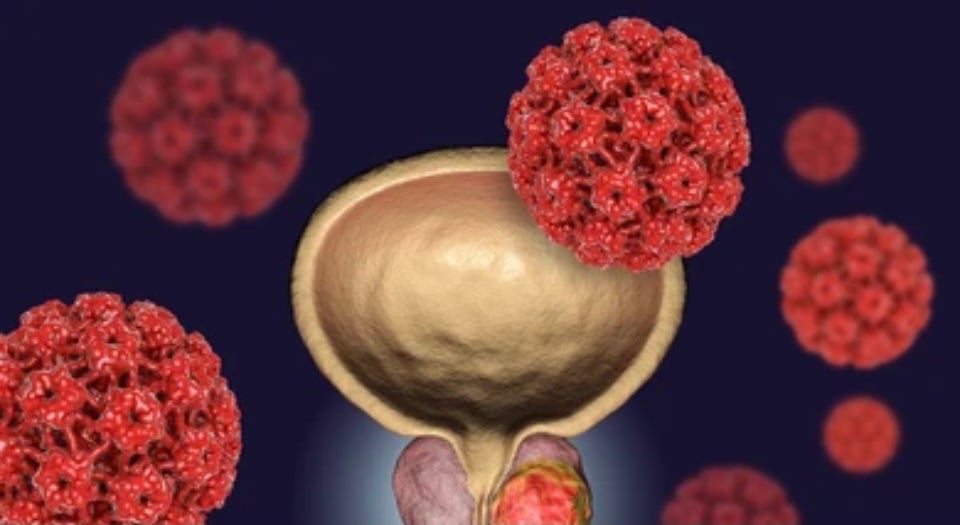
Prostate cancer is the most common form of cancer and the second most deadly cancer in men.
There are a number of factors that increase the risk of the disease, as Prostate Cancer UK states, foods high in calcium, red meat, processed meat and alcohol are linked to the disease.
And now new research has highlighted certain foods that may reduce this risk.
What did the study find?
According to two studies published in the international journal Cancers , a "rainbow" diet with colorful fruits and vegetables is the best way to prevent UTTTL, according to Express.
Similar to the Mediterranean diet, scientists found that a diet rich in micronutrients not only reduced the risk of developing prostate cancer but also accelerated recovery in patients undergoing radiation therapy.
Articles also emphasize the importance of a Mediterranean diet or an Asian diet that includes these foods.
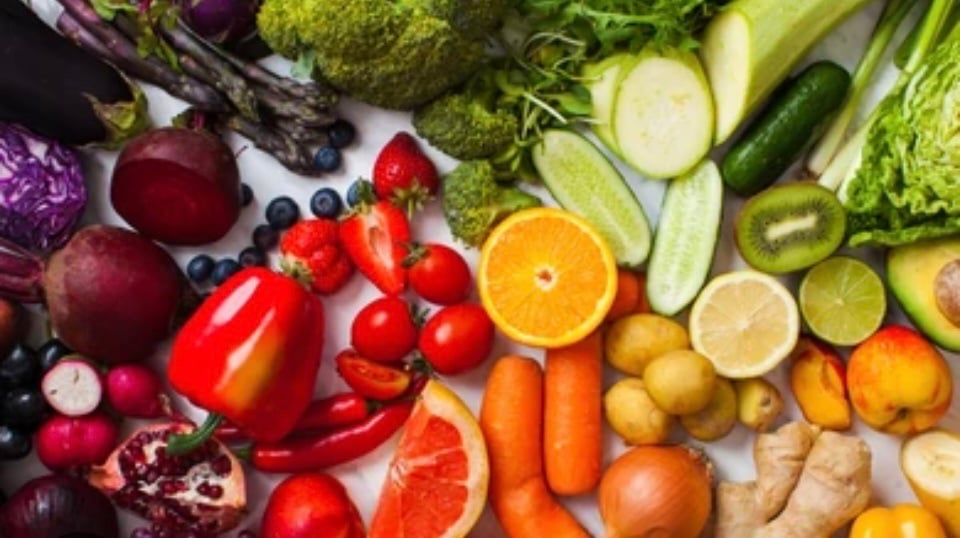
A 'rainbow' diet of colorful fruits and vegetables is the best way to prevent prostate cancer
Researchers analyzed micronutrient concentrations in blood samples from 116 late-onset prostate cancer patients and 132 healthy controls.
Results showed that patients with CRC had lower levels of lutein, lycopene, alpha-carotene, selenium and higher levels of iron, sulfur and calcium than the control group.
Increased DNA damage from radiation exposure is also associated with lower blood levels of lycopene and selenium, which increase the risk of prostate cancer and sensitivity to radiation damage.
Where are the necessary supplements found?
Lycopene is found in red, pink and orange fruits and vegetables, including peppers, tomatoes, melons, papaya, grapes, peaches, watermelon and cranberries.
Foods rich in selenium include white meat, fish, shellfish, eggs and nuts.
Study co-author from the University of South Australia, Dr Permal Deo, recommends eating foods naturally rich in lycopene and selenium as best.
Our recommendation is to adopt a Mediterranean diet with the help of a nutritionist, he added.
UTTTL has also been previously associated with ethnicity, family history, and age, but there has been little research on nutritional deficiencies associated with it.
A diet high in dairy products and low in vitamin E - found in vegetable oils, nuts, fruits and vegetables - may also increase the risk, but the evidence is unclear, Dr Deo noted, according to Express.
This study is the first to evaluate blood levels of micronutrients and trace elements in patients with UTTL.
Source link






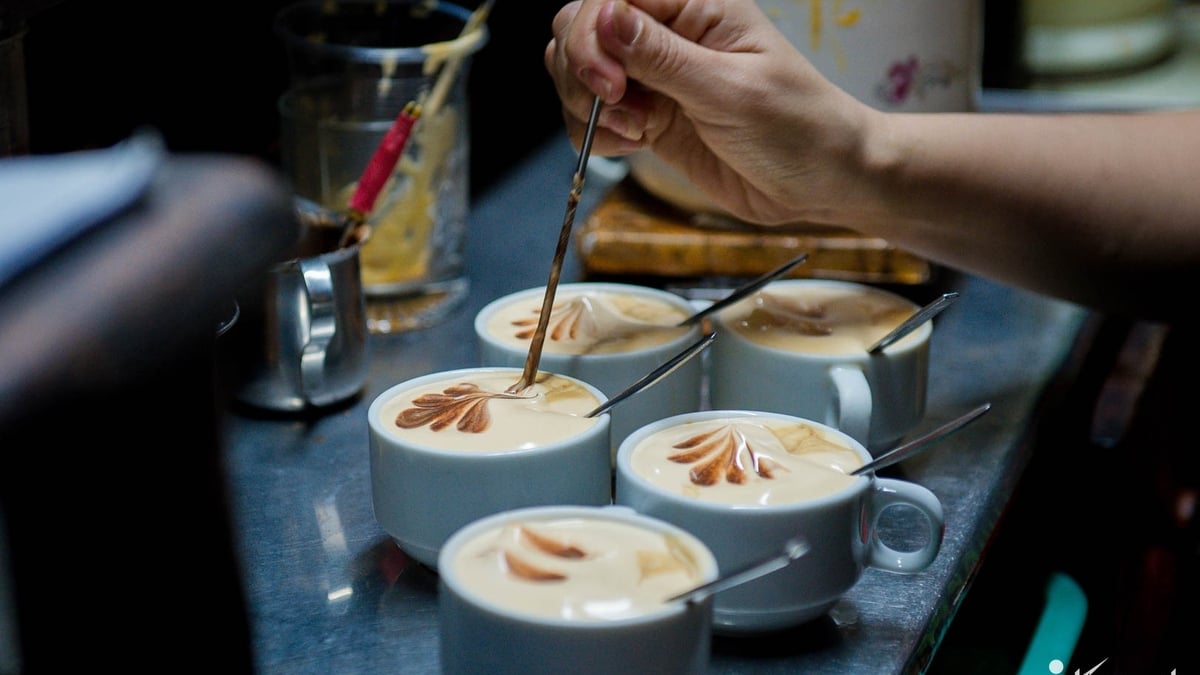

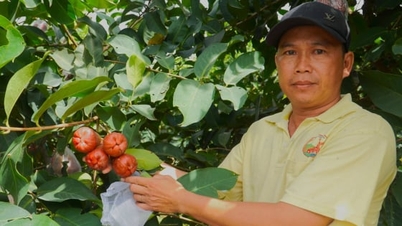

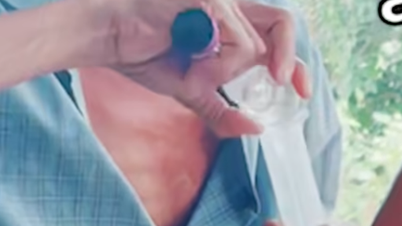






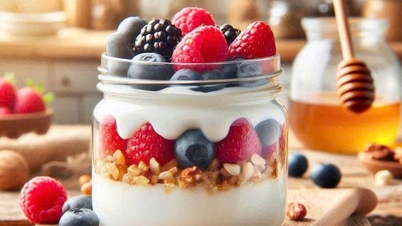



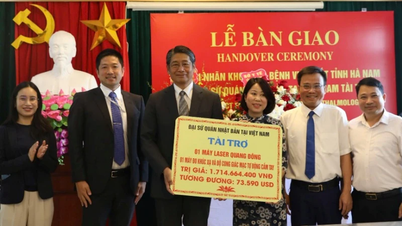

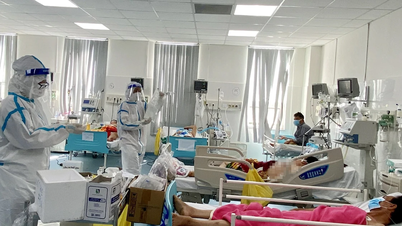









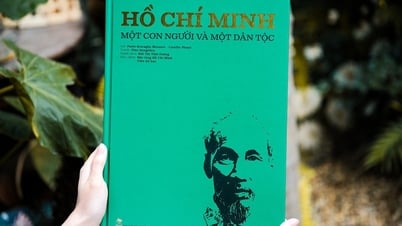











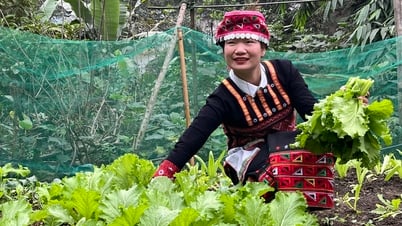

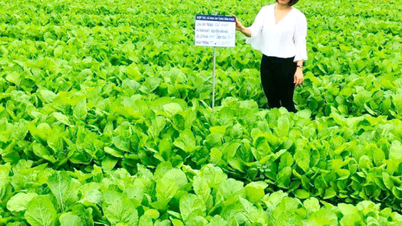

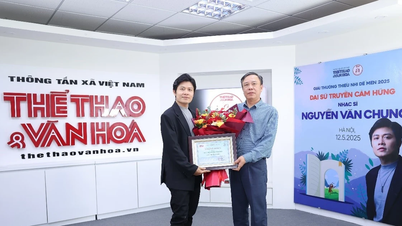





































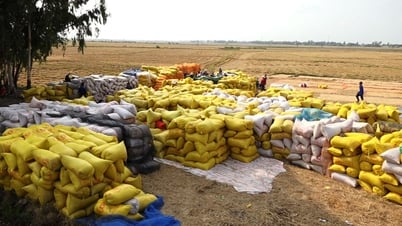

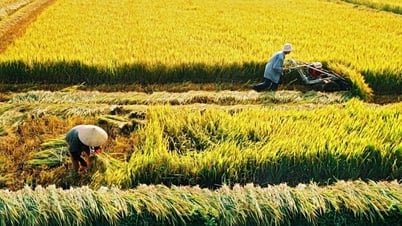











Comment (0)